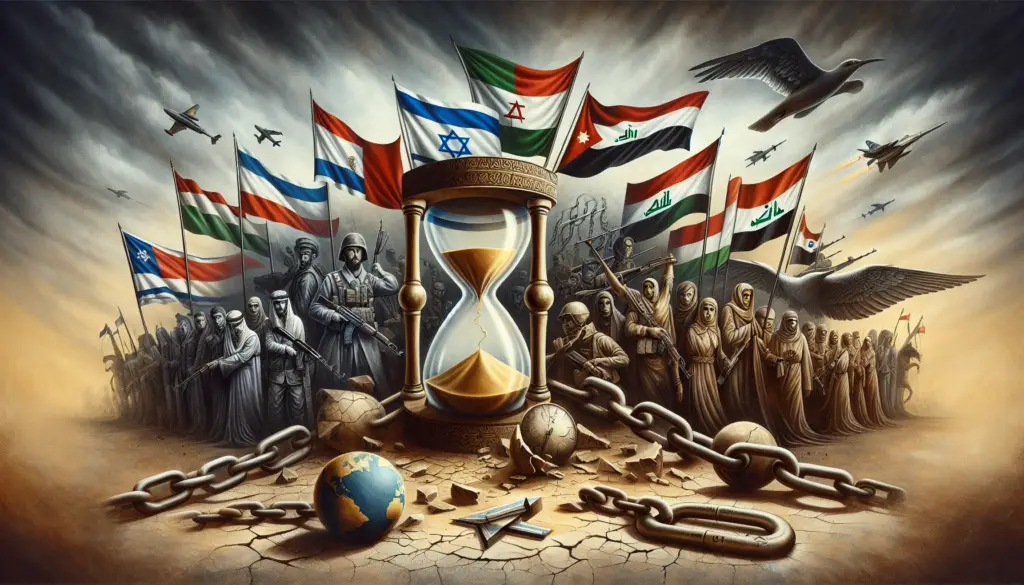The First Arab-Israeli War: A Pivotal Moment in Middle Eastern History
The Proclamation of the State of Israel
The year 1948 marked a significant turning point in the history of the Middle East. On May 14th, the State of Israel was officially proclaimed, a momentous event that would forever alter the geopolitical landscape of the region. This historic declaration was met with a swift and determined response from a coalition of five Arab nations, including Egypt, Jordan, Iraq, Syria, and Lebanon, who launched the Arab-Israeli War, a concerted invasion of the newly-formed state.
The Onset of the First Arab-Israeli War
The ensuing conflict, known as the First Arab Israeli War, was a grueling test of endurance and determination. The war pitted the fledgling state of Israel against a formidable alliance of Arab powers, each with their own strategic objectives and grievances. The stakes were high, and the outcome would have far-reaching consequences for the people of the region.
Arab-Israeli War: The Displacement of the Palestinian People
One of the most significant and tragic outcomes of the First Arab-Israel War was the displacement of an estimated 700,000 Palestinians, a event known as the “Nakba” or “Catastrophe” in the Arab world. This mass exodus of the Palestinian population from their ancestral lands would have a profound and lasting impact on the region, shaping the geopolitical landscape for decades to come.
Related Article : Israel-Palestine Conflict: A Tumultuous History

The Struggle for Survival
For the young state of Israel, the First Arab-Israel War was a fight for its very existence. Outnumbered and outmatched, the Israeli forces were forced to draw upon every ounce of their determination and resourcefulness to fend off the invading Arab armies. The conflict was marked by fierce battles, strategic maneuvering, and a constant struggle for survival.
The Aftermath and Legacy
The First Arab-Israeli War was a pivotal moment in the history of the Middle East, with far-reaching consequences that continue to shape the region to this day. The displacement of the Palestinian people, the establishment of the State of Israel, and the ongoing tensions between the two sides have all contributed to a complex and often volatile geopolitical landscape.
In the aftermath of the war, the region was left to grapple with the fallout, as the competing narratives and grievances of the various parties involved continued to fuel tensions and conflict. The legacy of the First Arab Israeli War would cast a long shadow over the Middle East, and its impact would be felt for generations to come.
Conclusion
The First Arab-Israeli War was a defining moment in the history of the Middle East, a conflict that would shape the region for decades to come. From the proclamation of the State of Israel to the displacement of the Palestinian people, the events of 1948 have left an indelible mark on the region’s geopolitical landscape. As we reflect on this pivotal chapter in history, it is clear that the lessons and legacies of the First Arab Israeli War continue to resonate, serving as a sobering reminder of the fragility of peace and the enduring power of human conflict.

